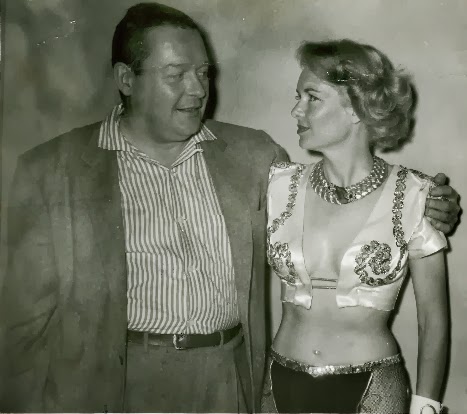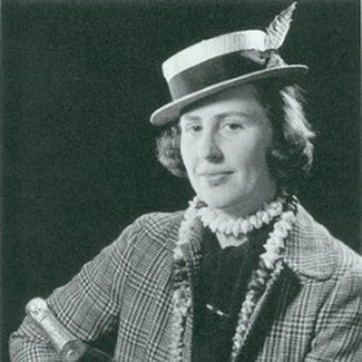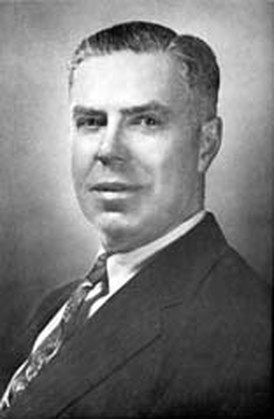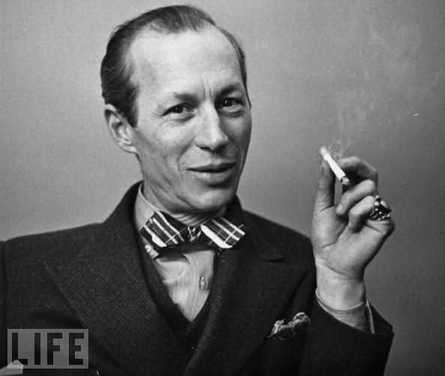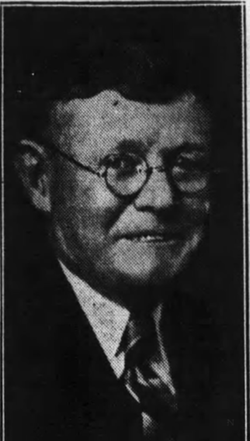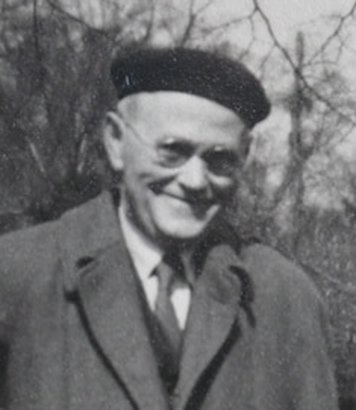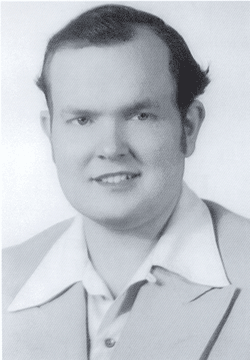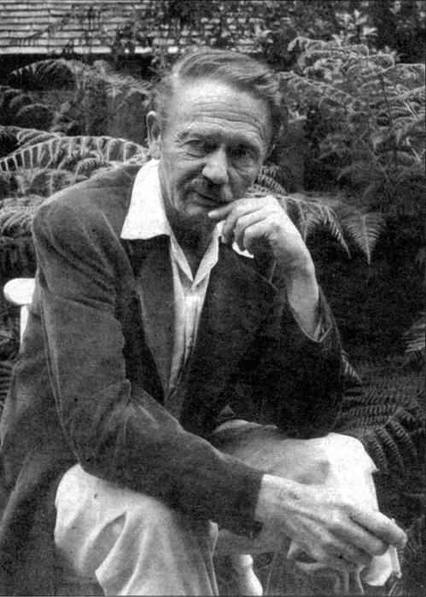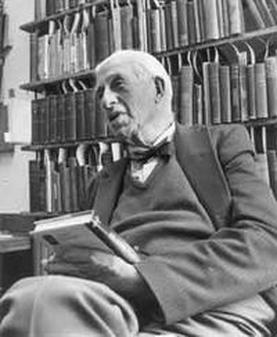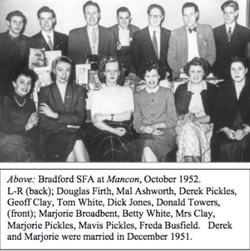
A brief note on a passing Fortean.
Derek Pickles was born in England in January or February 1928. I do not know anything about his family situation. He was interested in science fiction from a young age, and later told Eric Frank Russell, “After reading ‘SINISTER BARRIER’ when aged about 12 (in ’39) I went about for moths [sic] with a hunted [sic] expression, peering over my shoulder, the sight of a coloured balloon was enough to make me run; I still have a sneaking suspicion that it can be true.” He tried his hand at writing science fiction, but was displeased by the results, and so remained a fan. By accounts, he was a tall man, surprisingly so to those who first met him.
In November 1950, he was associated with the publication of an early British fanzine, “Phantasmagoria.” He was living in Bradford, Yorkshire, in England at the time. The next issue came out the following Spring, and the third that summer. At the same time, he was writing for another ‘zine, Michael Tealby’s “Wonder.” Supposedly—I have not seen any of these—he spent some of his time taking potshots at the London Circle, which had been the center of British science fiction fandom. Encouraged, he and his sister Mavis planned a convention in Bradford for October of 1951. Afterwards, he helped to found the Bradford Science Fiction Association, which had collected 23 members in about six months.
Derek Pickles was born in England in January or February 1928. I do not know anything about his family situation. He was interested in science fiction from a young age, and later told Eric Frank Russell, “After reading ‘SINISTER BARRIER’ when aged about 12 (in ’39) I went about for moths [sic] with a hunted [sic] expression, peering over my shoulder, the sight of a coloured balloon was enough to make me run; I still have a sneaking suspicion that it can be true.” He tried his hand at writing science fiction, but was displeased by the results, and so remained a fan. By accounts, he was a tall man, surprisingly so to those who first met him.
In November 1950, he was associated with the publication of an early British fanzine, “Phantasmagoria.” He was living in Bradford, Yorkshire, in England at the time. The next issue came out the following Spring, and the third that summer. At the same time, he was writing for another ‘zine, Michael Tealby’s “Wonder.” Supposedly—I have not seen any of these—he spent some of his time taking potshots at the London Circle, which had been the center of British science fiction fandom. Encouraged, he and his sister Mavis planned a convention in Bradford for October of 1951. Afterwards, he helped to found the Bradford Science Fiction Association, which had collected 23 members in about six months.
